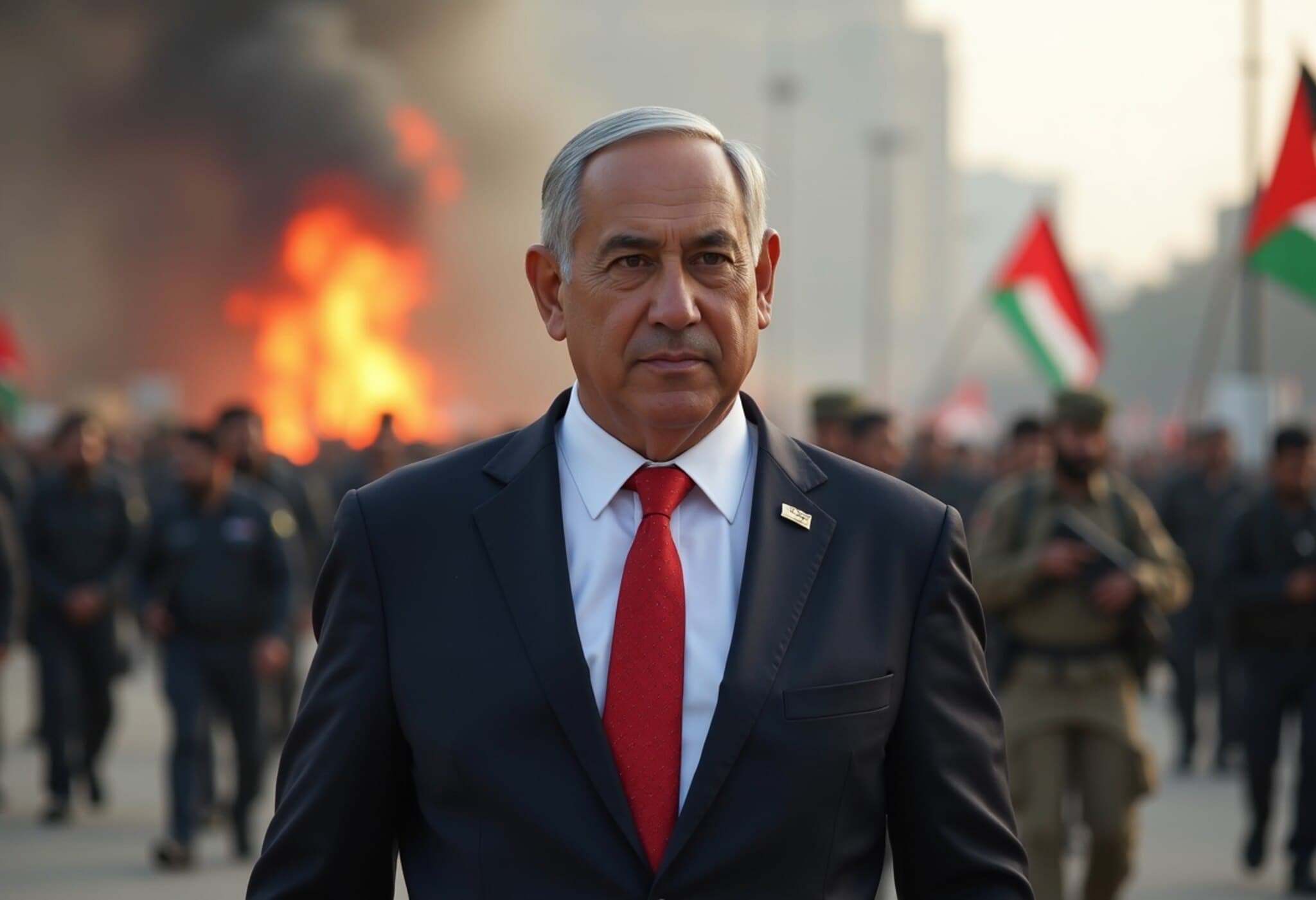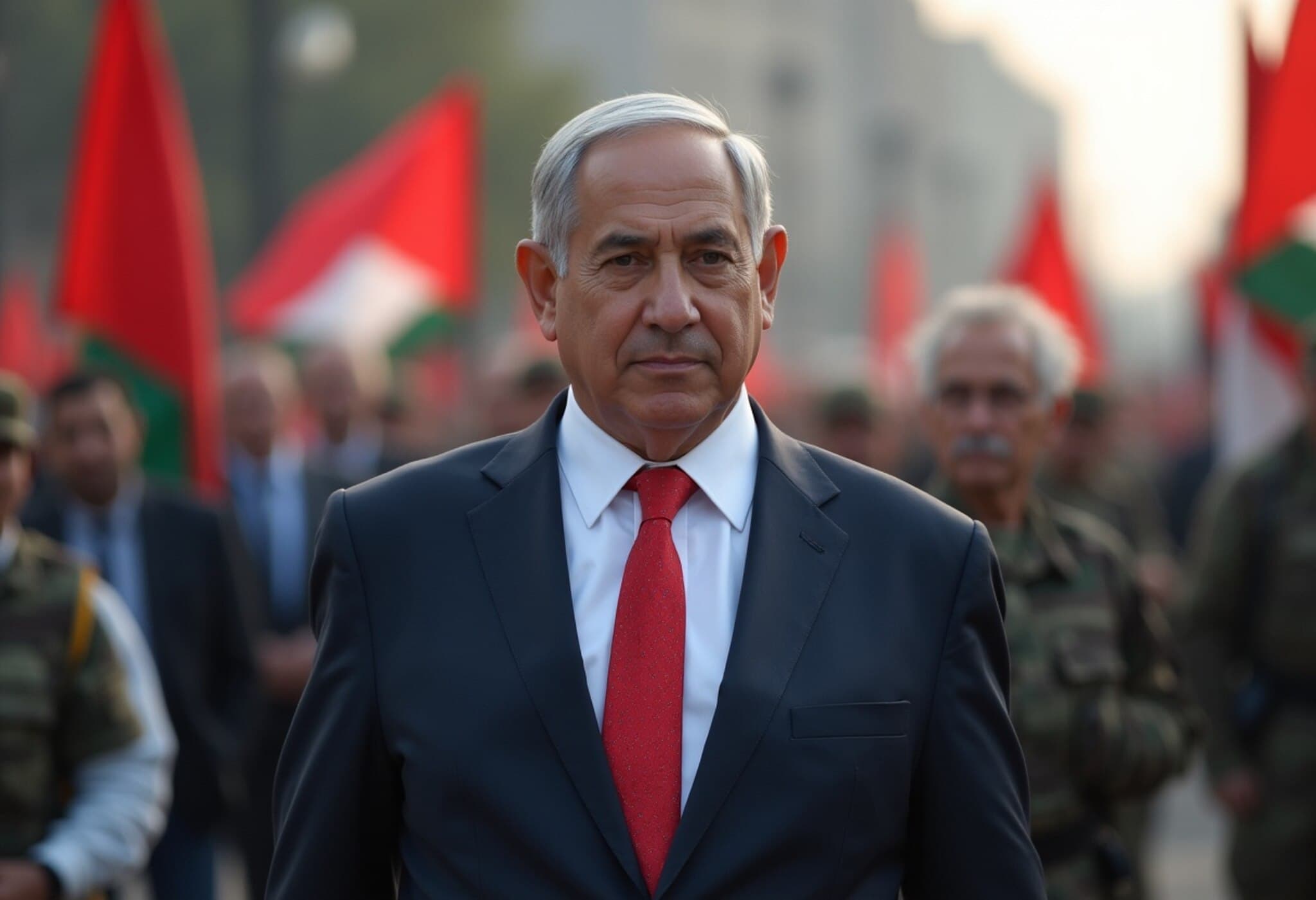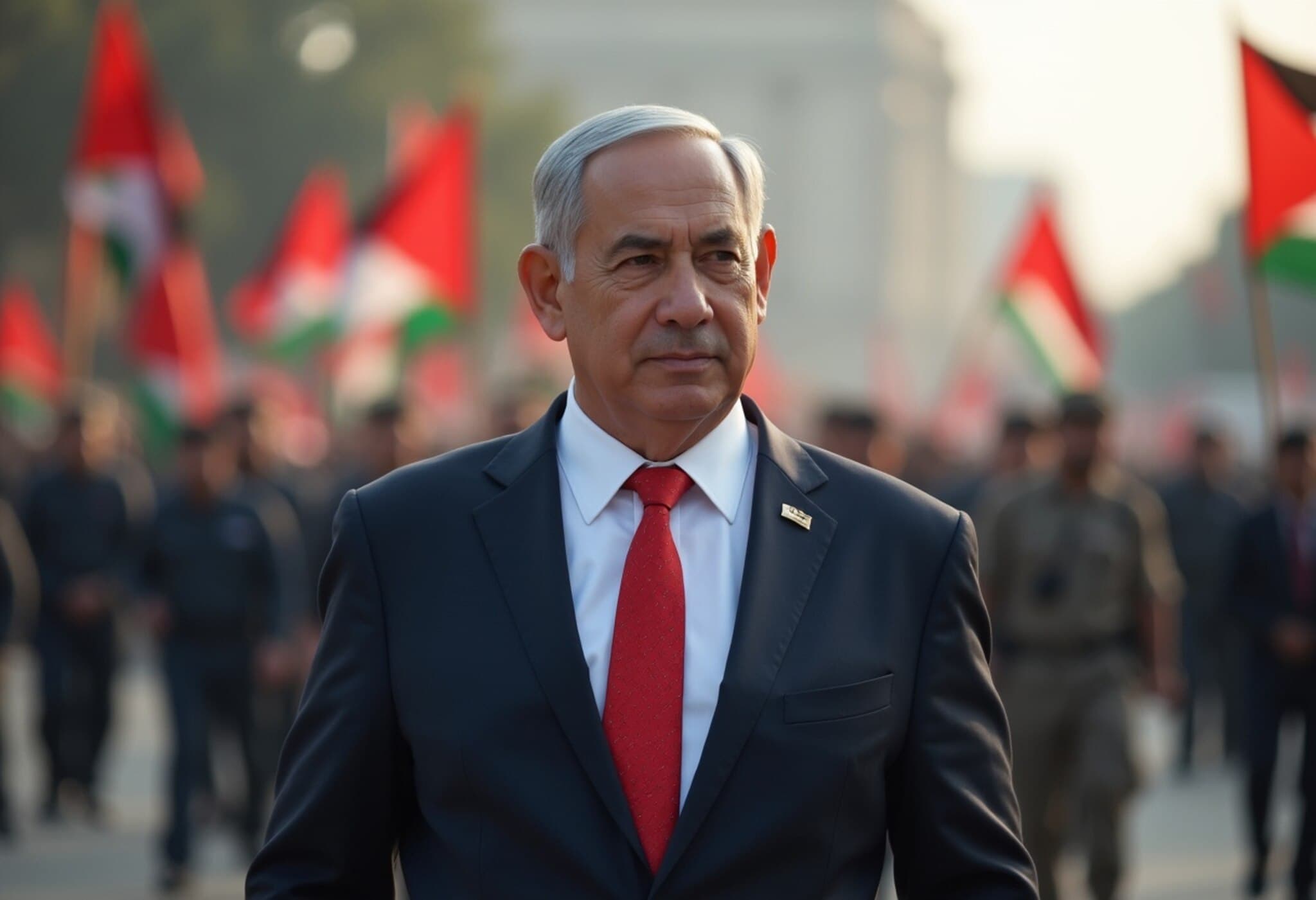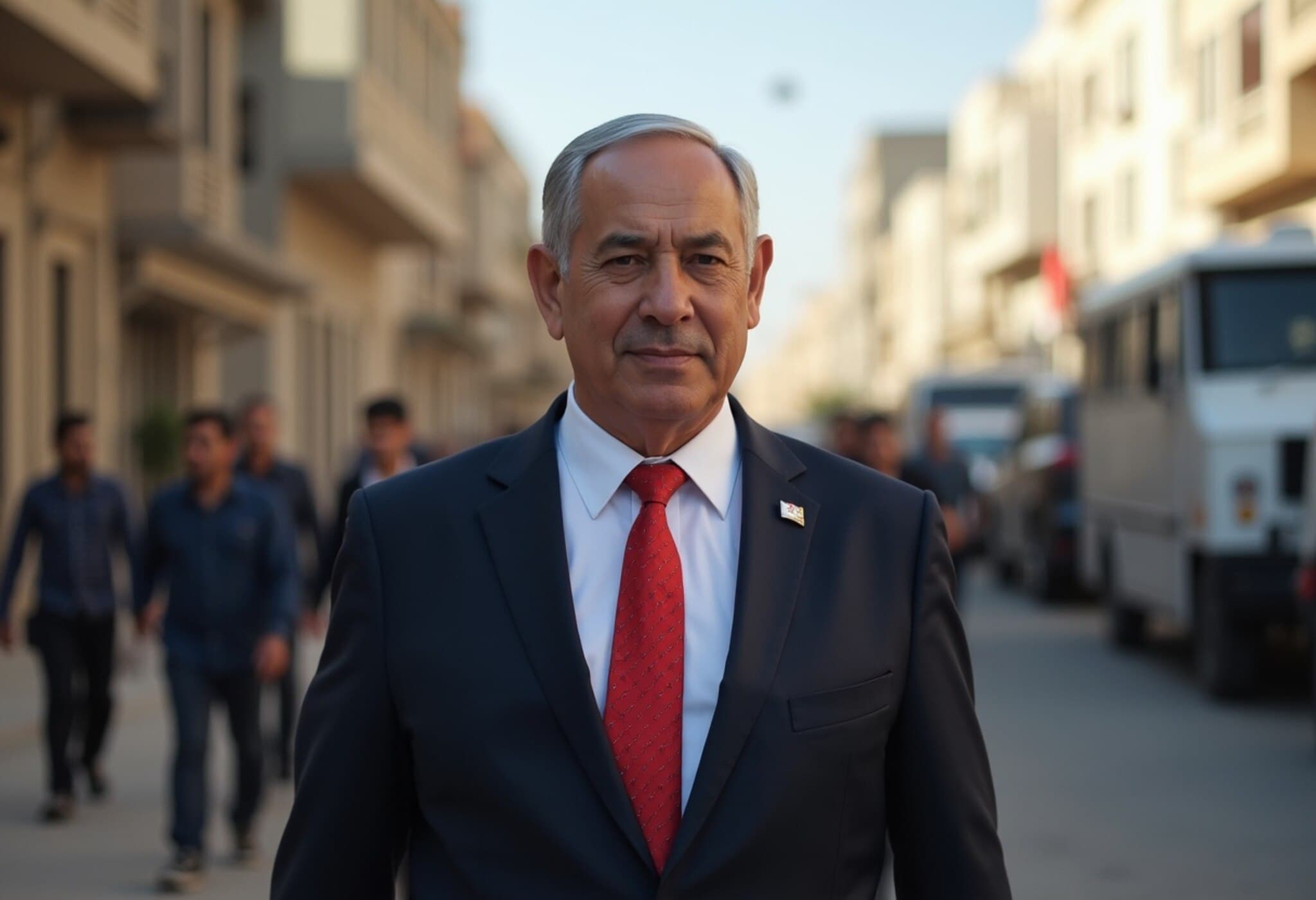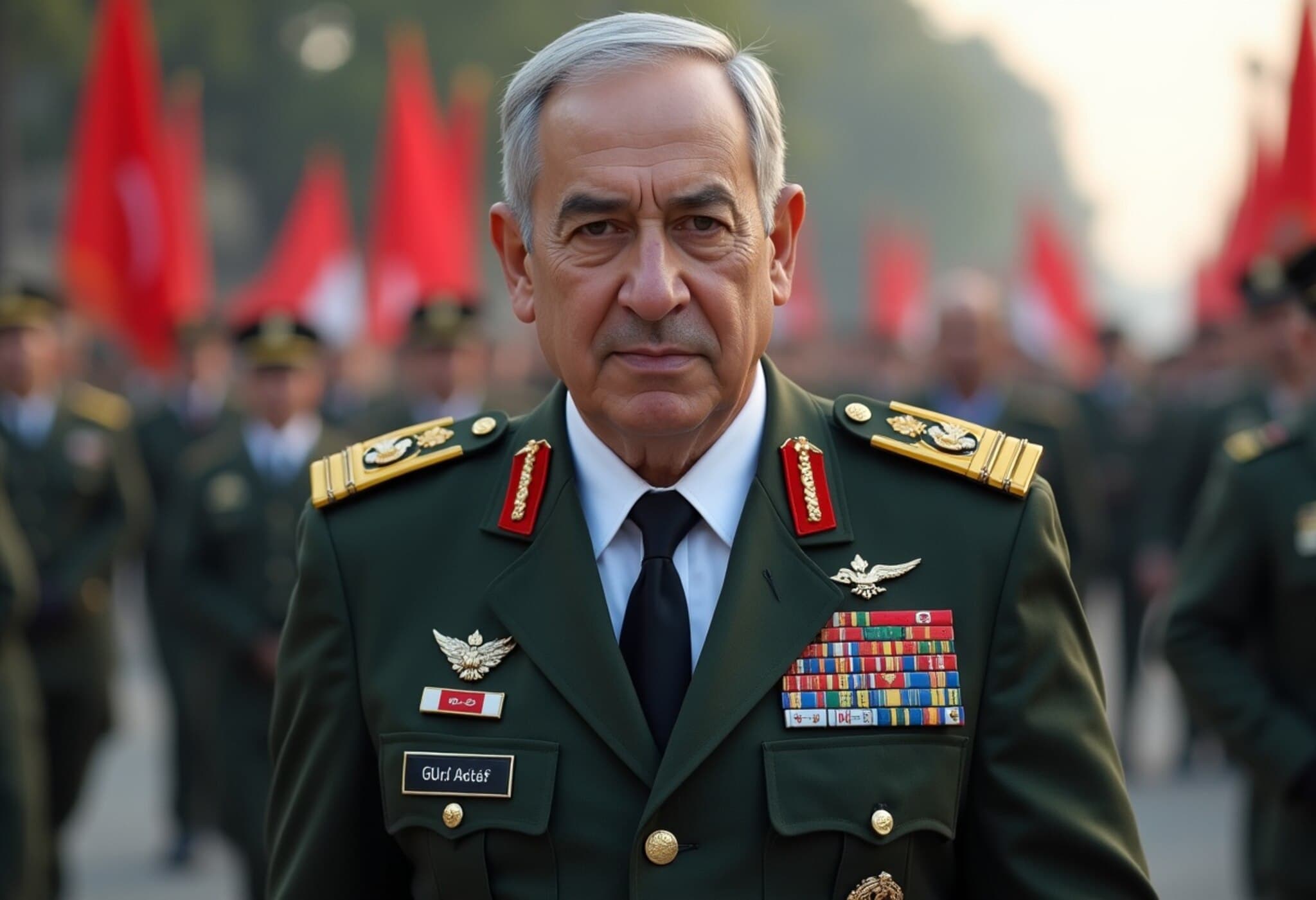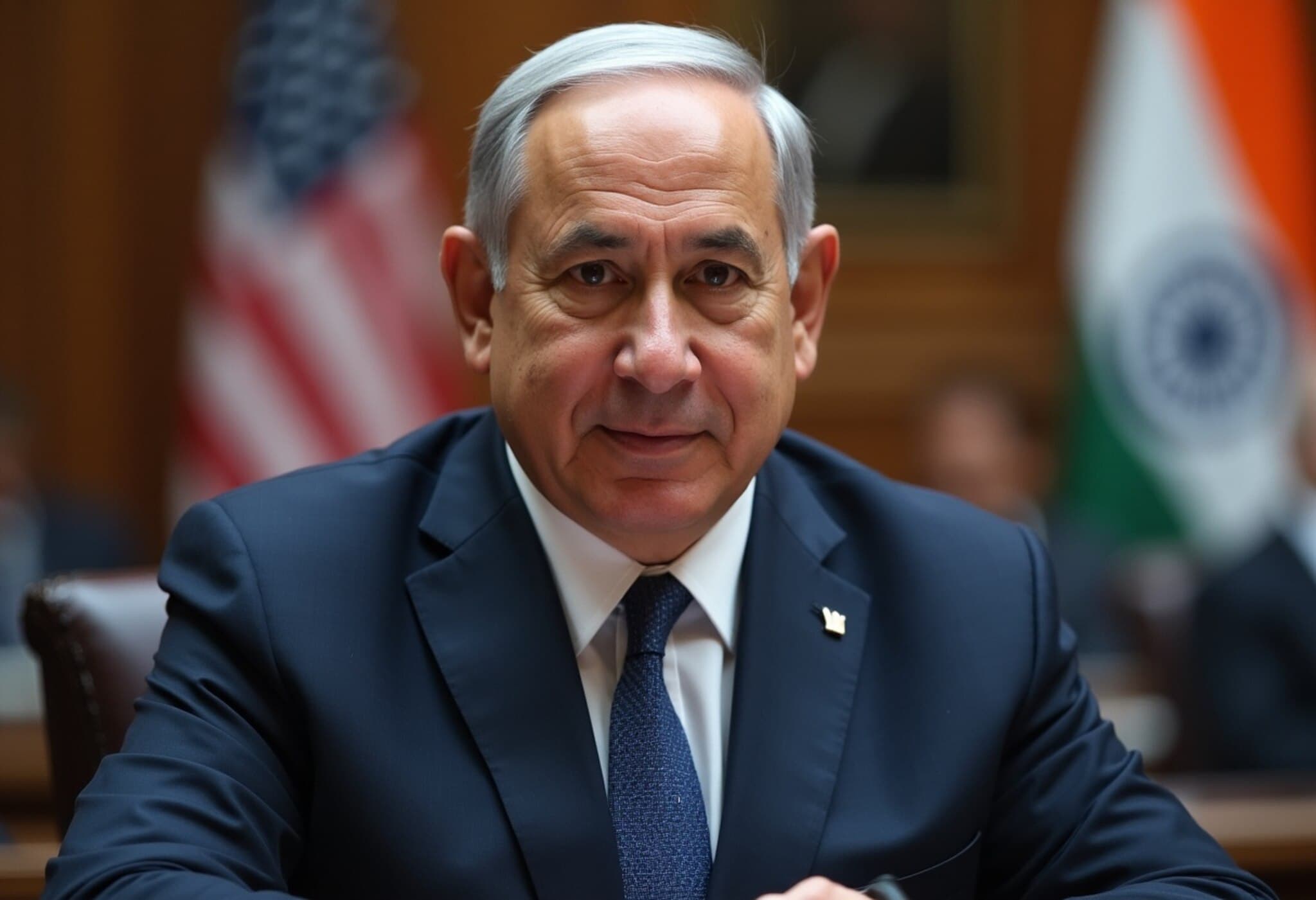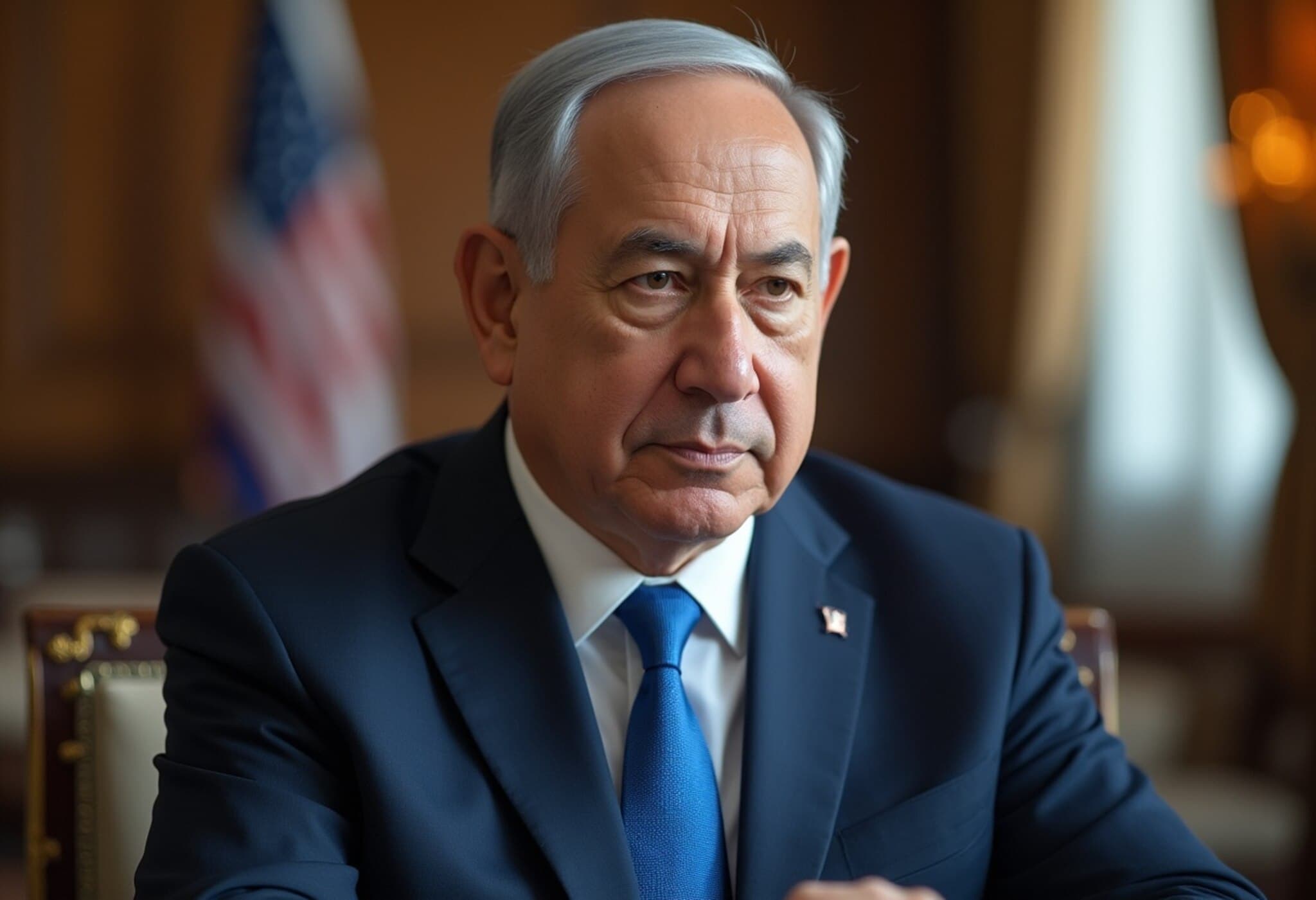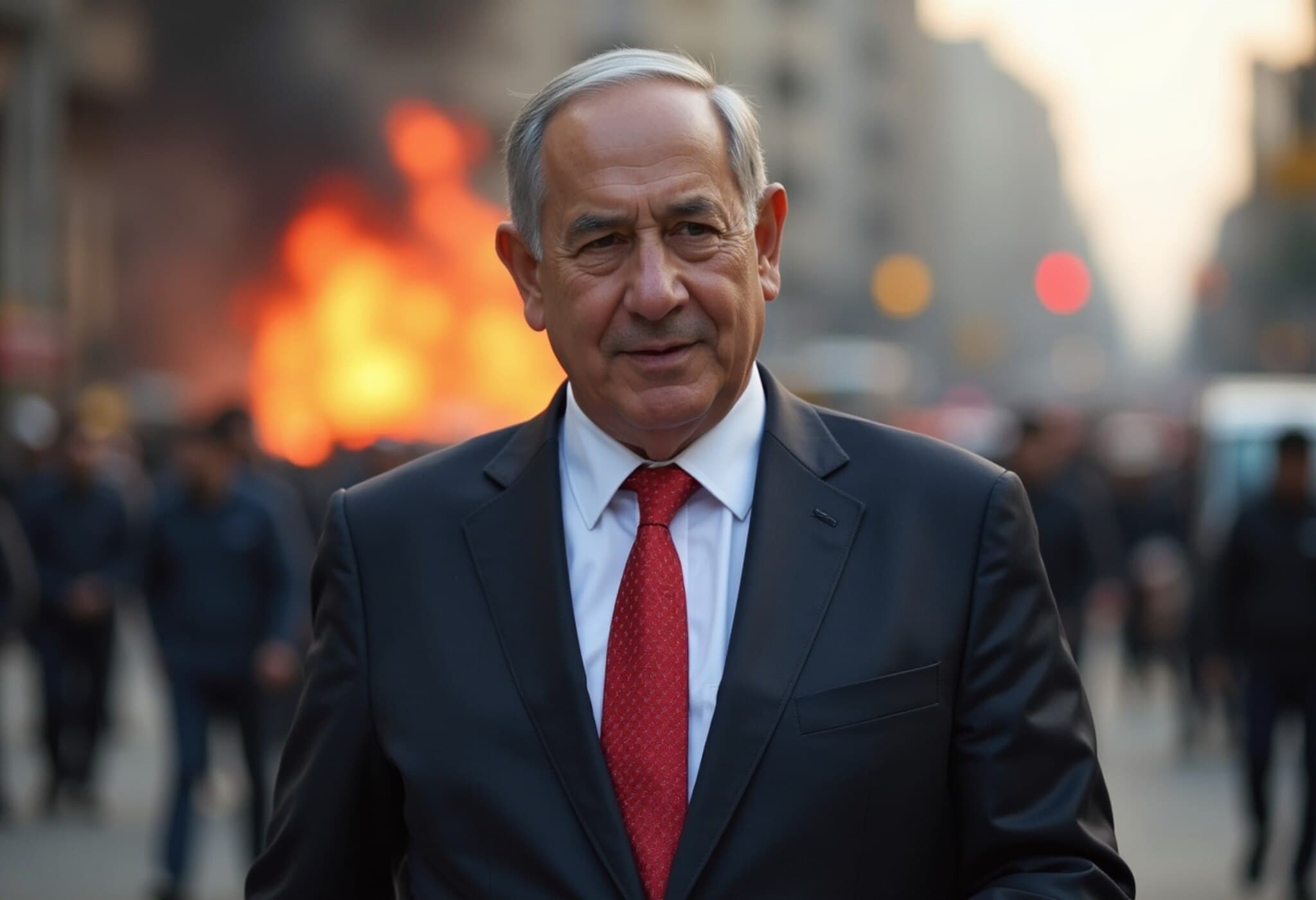Israeli Prime Minister Benjamin Netanyahu Contemplates Complete Military Takeover of Gaza
August 6, 2025 | 6:23 AM
In a stark escalation of ongoing tensions, Israeli Prime Minister Benjamin Netanyahu is reportedly considering an extensive military operation to assume full control over the Gaza Strip. This development comes amid heightened conflict and increasing security concerns that have gripped the region over recent weeks.
Context of the Conflict
The Gaza Strip, home to nearly two million Palestinians, has long been a flashpoint for Israeli-Palestinian hostilities. Recent weeks have seen a surge in militant activity from Gaza-based groups, triggering a series of Israeli military responses. The current contemplation by Netanyahu to push beyond targeted strikes towards a comprehensive military takeover signals a potential shift in Israel's strategy — one with profound implications for regional stability.
What Does a Full Military Takeover Entail?
A complete takeover of Gaza would likely involve Israeli forces entering and controlling key urban centers, security checkpoints, and administrative infrastructure. This could mean dismantling local governance, including the de facto Hamas administration, and instituting direct military rule over the territory. While aimed at neutralizing security threats, such an operation risks severe humanitarian consequences, potentially exacerbating civilian suffering in an already densely populated area plagued by restrictions and economic hardship.
Expert Insights: Legal and Humanitarian Challenges
Legal Perspective: Experts in international law caution that a full annexation or military administration of Gaza raises complex legal questions. Under international humanitarian law, occupying powers bear the responsibility to ensure the welfare of civilian populations. Any protracted military control would be scrutinized for compliance with human rights norms and could attract condemnation from global institutions.
Humanitarian Angle: Human rights organizations warn that escalated military operations risk worsening the humanitarian crisis — including shortages in healthcare, food, water, and electricity. Historically, Gaza’s civilian population has borne the brunt of conflict, leading to international calls for ceasefires and aid corridors.
Political and Regional Ramifications
- Domestic Israeli Politics: Netanyahu's deliberation over a full takeover reflects pressures from hardline factions within his coalition, demanding decisive action against security threats. Yet it also risks alienating moderate voices concerned about long-term peace prospects.
- Palestinian Response: Such a move may unify disparate Palestinian factions against Israel, potentially escalating militant resistance rather than diminishing it.
- International Community: A wide-scale military operation in Gaza could stir geopolitical tension, drawing reactions from neighboring Arab states and global powers invested in Middle Eastern peace processes.
Critical Questions Going Forward
- How will Israel balance security imperatives with international legal obligations and humanitarian concerns?
- What mechanisms will the international community deploy to mediate or mitigate the fallout?
- Can this approach lead to any meaningful progress toward a durable peace, or is it likely to entrench cycles of violence?
Editor’s Note
Prime Minister Netanyahu’s consideration of a total military takeover in Gaza underscores the fragile and volatile dynamics of the Israeli-Palestinian conflict. While aimed at neutralizing immediate threats, such a strategy raises profound ethical, legal, and political challenges. Observers must watch closely how these decisions unfold, as their impact will reverberate far beyond the borders of Gaza and Israel — shaping regional stability, humanitarian conditions, and the future of peace efforts in the Middle East.

